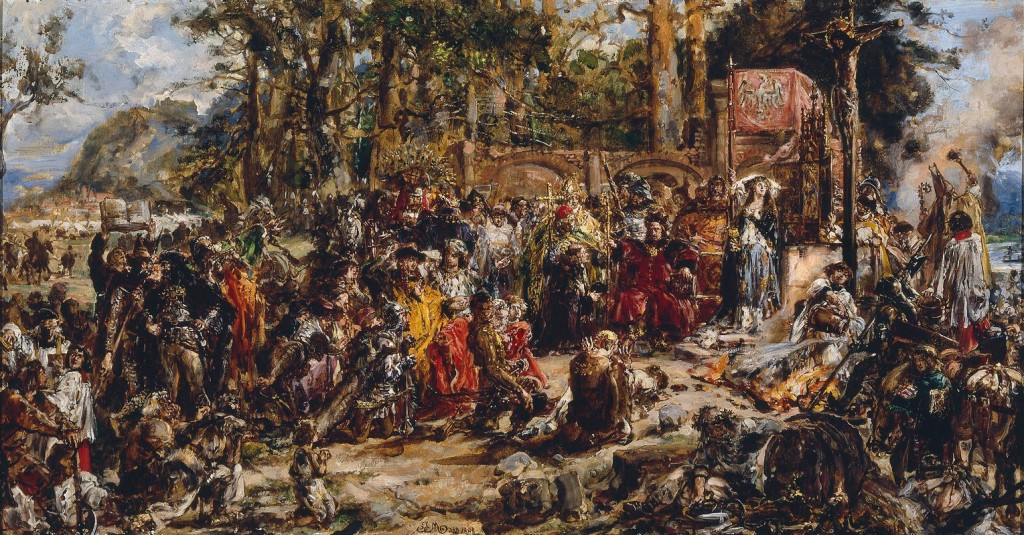I have just signed a contract with Cambridge University Press for my third book with CUP, entitled Silence of the Gods: The Untold History of Europe’s Last Pagan Peoples, which will be a history of the last unchristianised peoples of Europe between 1387 (when the last pagan polity, Lithuania, was formally converted) and around 1900. Europe’s religious history from the late Middle Ages onwards is usually seen as the story of Christianity (in its several varieties), Ottoman Islam, and Judaism; but there was a forgotten fourth factor: the persistent refusal of some peoples in the far north and east of the continent to convert to any religion at all. Although the political threat of paganism was ostensibly neutralised at last with the formal conversion of the Grand Duchy of Lithuania in 1387, the reality was that Christianity made painfully slow progress in capturing the hearts and minds of peoples at Europe’s ‘unchristianised edge’, and the effective Christianisation of the continent stalled for centuries in these regions.
The unchristianised peoples of late medieval and early modern Europe included the reindeer-herding Sámi in the far north of Scandinavia, the stubbornly pagan Estonians, the Baltic Prussians, Latvians and Lithuanians, and further to the east the Finno-Ugric peoples of European Russia such as the Maris, Udmurts and Mordvins. The religious history of these peoples, most of whom accepted Christianity in large numbers only in the 18th century or later, has never been told as one narrative, or in the English language. But it forms a crucial piece of the puzzle of Europe’s religious history that has hitherto been missing – a part of the heritage of the modern nations descending from these peoples, but unknown to Europe at large. Silence of the Gods will address this omission, restoring Europe’s last unchristianised peoples to the patchwork of the continent’s religious history, and revealing a history of belief more complex and diverse than traditional accounts have led us to expect.
